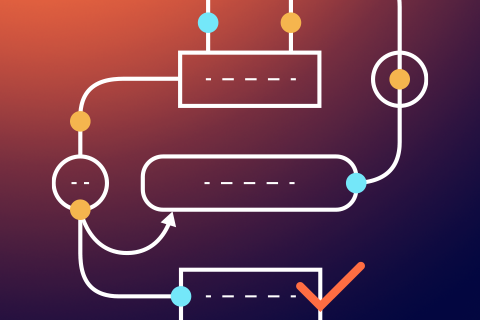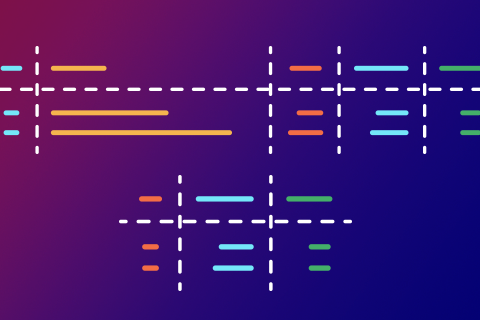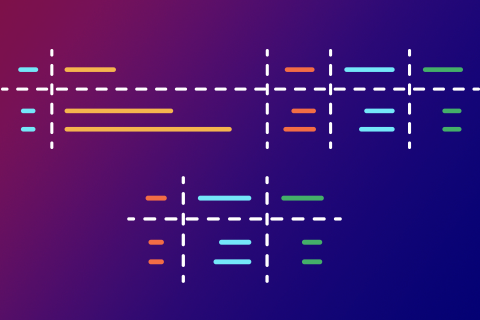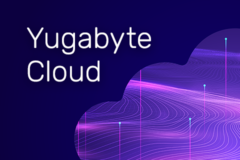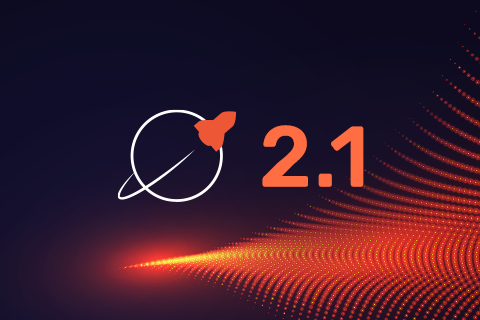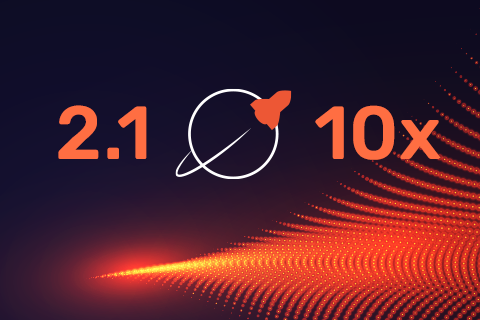Distributed SQL Tips and Tricks – May 17th, 2021
Welcome back to our bi-weekly tips and tricks blog where we recap some distributed SQL questions from around the Internet. We’ll also review upcoming events, new documentation, and blogs that have been published recently. Got questions? Make sure to ask them on our YugabyteDB Slack channel, Forum, GitHub, or Stack Overflow. Let’s dive in:
Setting Firewall Rules for Cloud Deployments
When deploying a YugabyteDB cluster on a cloud,
…

